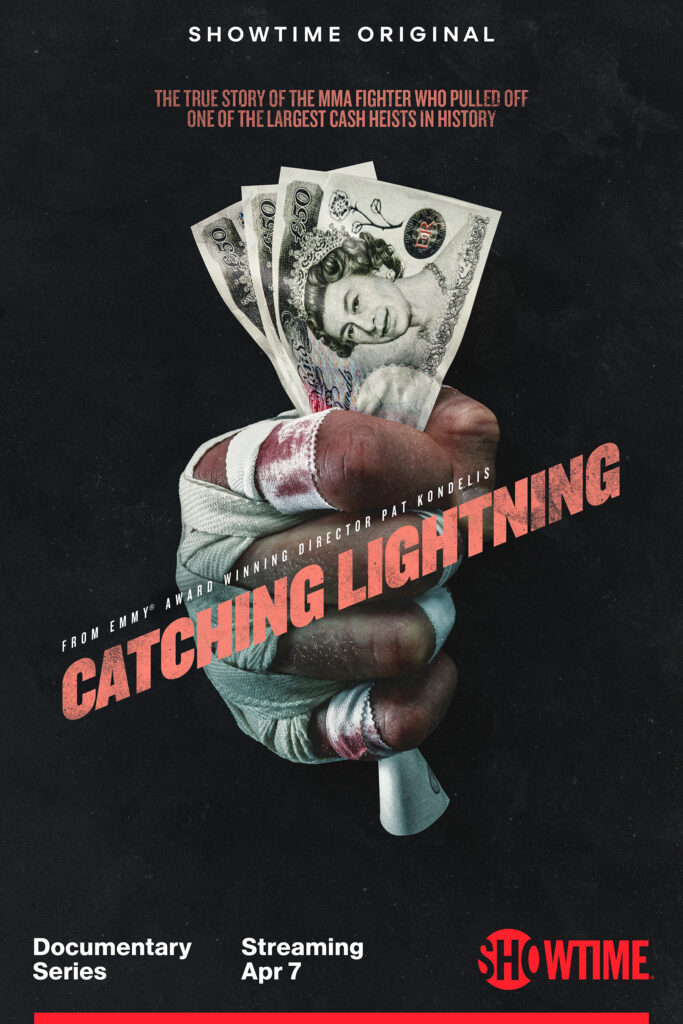Arthur Laurents, the playwright, screenwriter and director who wrote and ultimately transformed two of Broadway’s landmark shows, “Gypsy†and “West Side Story,†and created one of Hollywood’s most well-known romances, “The Way We Were,†died on Thursday at his home in Manhattan. He was 93. Mr. Laurents once described writers as “the chosen people†and said he was happiest when sitting alone and putting his “daydreams and fantasies down on paper.†He did so in various genres. His film credits include Hitchcock’s “Ropeâ€; “Anastasia,†with Ingrid Bergman; and “The Turning Point,†with Anne Bancroft and Shirley MacLaine. His screenplay for “The Way We Were,†with Robert Redford and Barbra Streisand, was adapted from his novel by the same name. But the stage was his first love, and he wrote for it for 65 years, turning out comedies and romances as well as serious dramas that often explored questions of ethics, social pressures and personal integrity. Early on, he once said, he realized that “plays are emotion,†not simply words strung together, and it became his guiding principle. Read the full story HERE. On a personal note, I knew Arthur and at various times both loathed and loved him. After a long drought on the New York stage, he returned with a play called The Radical Mystique at Manhattan Theatre Club in the early 1990’s. A thinly veiled satire that took on the Weatherman, Bernstein and the Black Panthers, it was a story rich in both ideas and ideals. Two weeks into the process Arthur inserted himself quite vocally into rehearsals, disapproving the director’s choices and shaping of the story. When the director finally up and quit, Arthur took command. As the AD, I was left to take sides. I had never quit a show before but believed Arthur was artistically misguided on this one and so I, too, left the production. In performance it turned out that his direction of the play was a mistake, undercutting everything I had believed to be good and true about the script. Oh well, it opened and closed with little notice. Years later, however, when I was mentoring a group of up-and-coming musical theater writers, I wrote to Arthur and asked if he would mind sharing his considerable experience with young ears for an afternoon. He agreed immediately, even going so far as to interrupt his summer vacation in Quogue to attend. It made for an insightful and inspiring afternoon, yet before we said our goodbyes I couldn’t help but bring up the first and last time we had worked together. “Arthur,” I told him, “I really loved that play.” I wavered, hesitated, then finally blurted out, “You know you torpedoed it, right?” He shot me the stink-eye before breaking into a wry smile. “You’re damn right I did, kid.” I like to think he was as pleasantly surprised by my candor as my praise. Chief among Arthur’s many virtues was his near inability to shy away from brutal honesty.
April 25, 2025
copy, content + the occasional ramblings of an itinerant traveler









